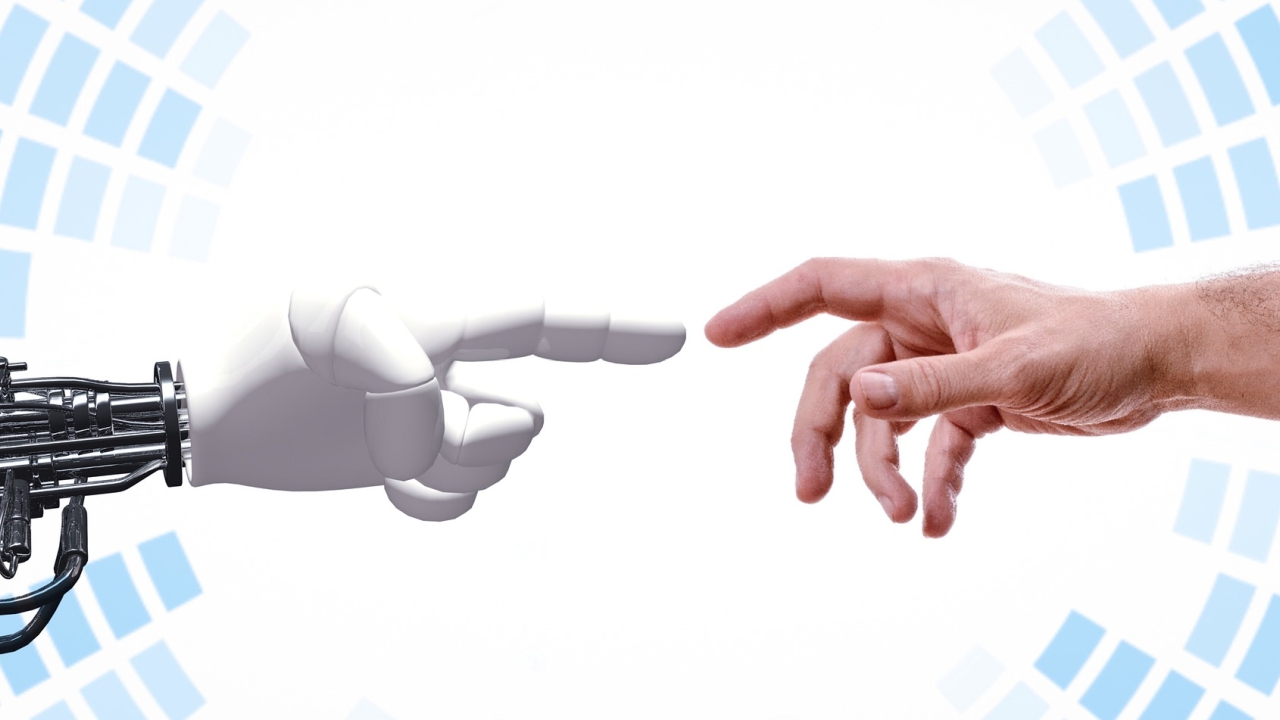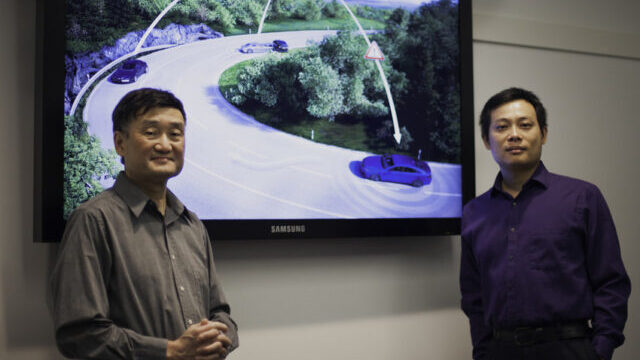
The human barriers preventing automation from making a competitive difference
Originally posted on The Horizons Tracker.
In New Vantage’s annual survey of C-suite executives, the cultural and people aspects of digital transformation were identified as the key barriers to successful change. It’s a finding echoed in a recent survey from digital business service Emergn, which finds that most of the main barriers preventing the successful adoption of intelligent automation are related to people.
The survey, which involved input from technology leaders from financial services and life science industries, reveals that just 13% of companies are currently gaining any kind of competitive edge from their investment in automation.
“Intelligent automation has the potential to transform how organizations deliver value and gain a competitive edge in their markets,” Emergn says. “However, that’s only possible when organizations and employees have the guidance and skills needed to identify new use cases, feel empowered to leverage automation in their own departments and ultimately strengthen the human-machine relationship to drive the most ROI.”
Enthusiastic support
The survey reveals that most organizations, and their employees, are embracing intelligent automation, with 90% saying not only that they’re using it but that it is supporting them in meeting their goals. This is mirrored in the 91% who say that it has positively impacted their business, with improved efficiency the biggest improvement.
This positivity was also reflected in the confidence that automation would not negatively impact the work done by humans in the responding organizations. Just 6% thought that jobs would be at risk, with 88% going as far as to say that automation had made employees more empowered.
Interestingly, however, despite these positive findings, just 13% of respondents said that intelligent automation was helping them to drive competitive advantage. This is possibly explained by the fact that few companies are using intelligent automation to generate new products and services.
The game-changing nature of automation is also underlined by people not seeing the potential nor having the skills required to fully capitalize on the technology. Only 2% of respondents said that their team had the right skills, which perhaps explains why the majority of use cases are in fairly rudimentary areas thus far.
As such, most organizations report that while they are reasonably happy with their intelligent automation investments to date, they feel that they’ve only scratched the surface of what the technology is actually capable of.
Article source: The Human Barriers Preventing Automation From Making a Competitive Difference.
Header image source: Mohamed Hassan on Pixabay, Public Domain.






